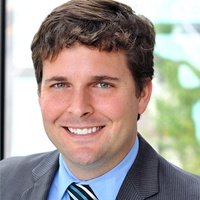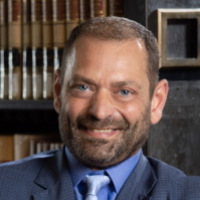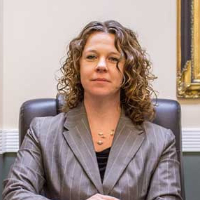Cincinnati Felony Lawyer, Ohio
Bradley J. Groene
✓ VERIFIEDCincinnati native Bradley J. Groene is a compassionate and industrious legal advocate who has been practicing law in the greater Cincinnati metropolit... (more)
Matthew Ernst
✓ VERIFIEDMatthew Ernst, Attorney at Law offers the services of a tough, smart attorney who gets results for his criminal defense clients through forceful advoc... (more)
Roger Bouchard
✓ VERIFIEDHi! I am Roger Pierre Bouchard. ➤ My credible history of success is directly related to extensive experience in assisting senior counsels, firm lea... (more)
Stephenie Nichole Lape
✓ VERIFIEDStephenie Lape is the quintessential attorney. She is intelligent, extremely hardworking, and brutally honest. Stephenie comes from a long line of att... (more)
FREE CONSULTATION
CONTACTBrian Todd Goldberg
FREE CONSULTATION
CONTACT





